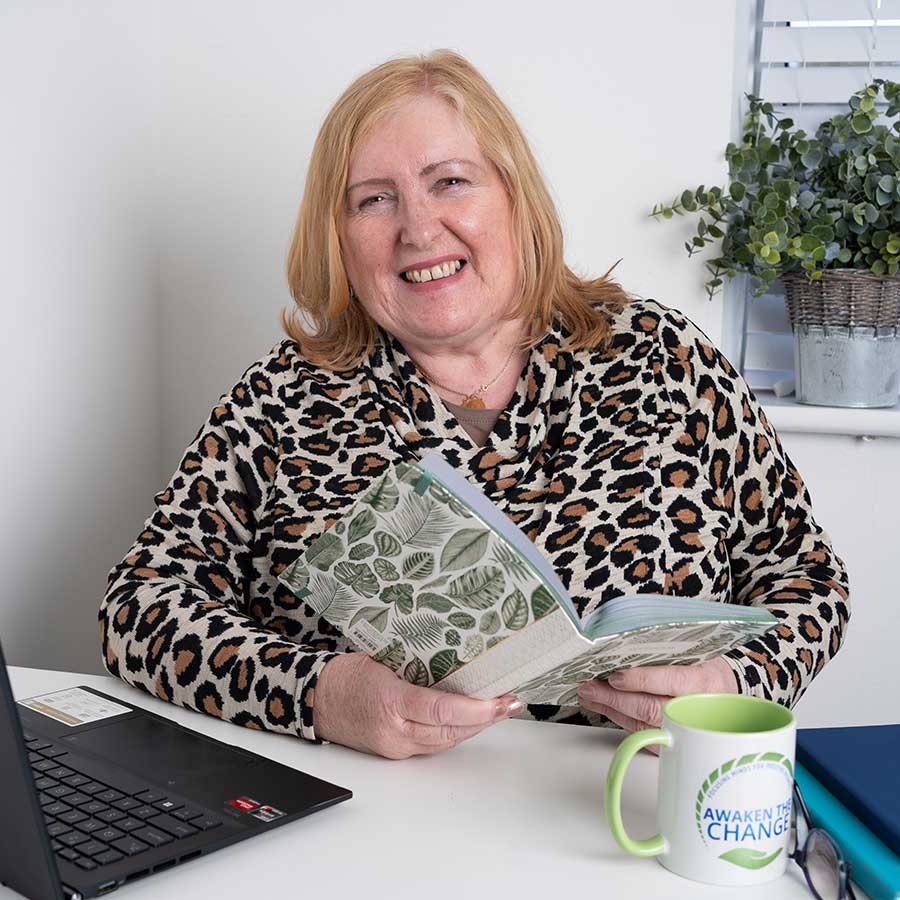 Do you struggle to get to sleep? Most people have an odd night when they don’t sleep well but if it starts to become a problem there are things that can help.
Do you struggle to get to sleep? Most people have an odd night when they don’t sleep well but if it starts to become a problem there are things that can help.
If you can identify a cause for you struggling to sleep that would be good. It could be anything from a stressful day at work to difficulty relaxing because of worrying about something. Some medical conditions, some medications and pain may also be reasons for difficulty sleeping.
Here are 25 proven tips that can help.
Start with preparation for sleep.
Preparing to get a good nights sleep
These things can help.
1. Reduce any stress or anxiety in your life.

2. Keep a sleep diary if you have a problem that is lasting more than a couple of weeks so you can look for patterns of sleep problems.
For example, do you always struggle to sleep on a Sunday night before starting the new week on Monday?
3. Before bed, list all the worries or things that you want to remember for the next day.
This could be a simple bullet point list. When the issues are written down you don’t need to keep thinking about them.
 4. Exercise during the day.
4. Exercise during the day.
It can be as simple as going for a short walk or taking the stairs instead of the lift.
5. Check the quality and age of your mattress.
Depending on the mattress type and make, your mattress may need changing after about eight years. Check if your mattress supports your body well. Does it sag in the middle? Is the mattress looking old and stained?
By the way, don’t forget to check your pillows as well. They should also be changed regularly.

6. Have a warm relaxing bath before bedtime.
Some people might choose to add bubbles or aromatherapy oils to the water. Some people also have scented candles.
6. Wear comfortable clothes to bed.
Cotton pyjamas or nighties are a good idea.

7. Ensure your bedroom is cool and at a comfortable temperature for you.
Tip: Cotton sheets are cooler than nylon or manmade fibres.
8. Pull the curtains or close the bedroom blinds.
A darkened room is better for sleep as it helps to regulate your body. A study by Obayashi et al (2017) showed a link between a darkened room for sleeping and depression.
Eye shields will help some people.
9. Avoid lots of alcohol.
A small amount of alcohol might help you to go off to sleep but alcohol can affect the quality of your sleep. Of course, too much alcohol at bedtime is a problem because you might be sick and find difficulty moving. Alcohol and good sleep don’t mix.
 10. Avoid painting your bedroom red.
10. Avoid painting your bedroom red.
Studies have shown that the colour red can raise some people’s blood pressure slightly, increase heart rate and adrenaline production.
11. Cut down on drinking lots of stimulants such as coffee or cola drinks for several hours before going to bed.
12. Eat smaller portions of food at your evening meal.
Your body wants to rest at night not deal with heavy meals that make lying down uncomfortable.
 13. Don’t smoke.
13. Don’t smoke.
Nicotine affects your getting to sleep and the quality of your sleep. It also can contribute to snoring and sleep apnea.
14. Consider the size of your mattress if you sleep with a partner.
If you are uncomfortable or roll together you might need a bigger mattress, a new mattress or single beds.
15. Sleep in a room away from lots of noise.
If that’s not possible you might choose to wear earplugs.
16. Stop using mobile phones and computers before going to bed as they emit blue light which impacts sleep.
17. Listen to music before bedtime.
18. Try to go to bed and get up at roughly the same time every day.
19. Before going to bed tell yourself everything that you are grateful for.
20. Stop lots of long daytime naps.
21. Look after your mind as well as your body- Meditate or practice mindfulness
22. Read a novel or something you will enjoy before bed.
Reading is a good way for some people to distract themselves away from problems that keep them awake.
What to do if the sleep problem continues
23. Get a health check with your doctor especially if you have health issues and are taking medication
24. Review your stressors in life.
Remember that good sleep can be enhanced by positive lifestyle changes. So if you know that things aren’t right make a plan to change what you can and get help if you need it.
25. Get help and support.
Linda from Awaken the Change provides counselling or hypnotherapy to help with sleep problems that are related to stress and anxiety. Contact Linda for a free consultation.

